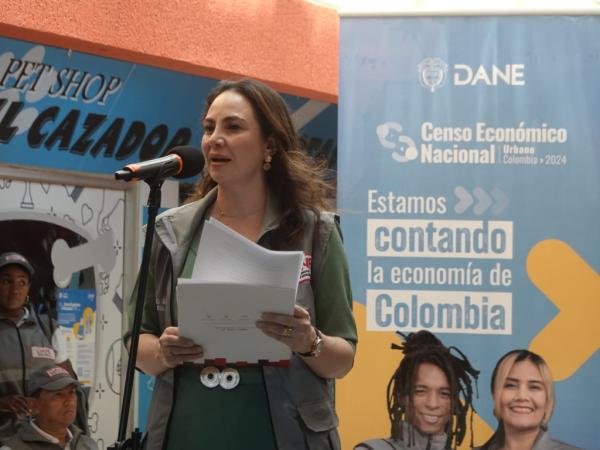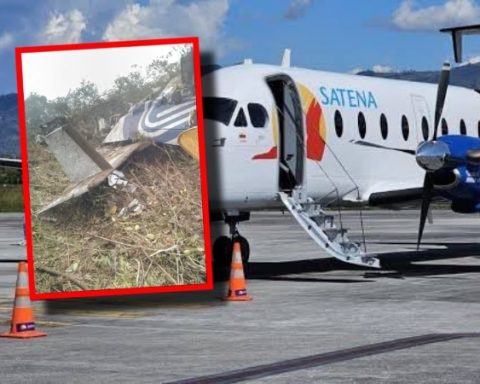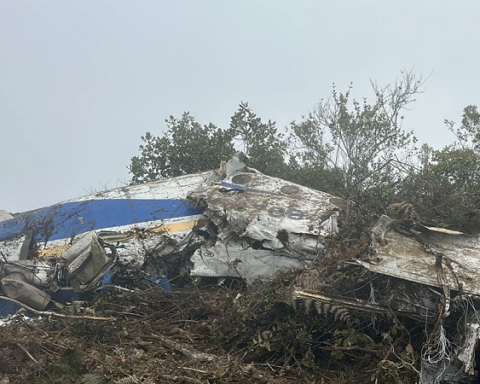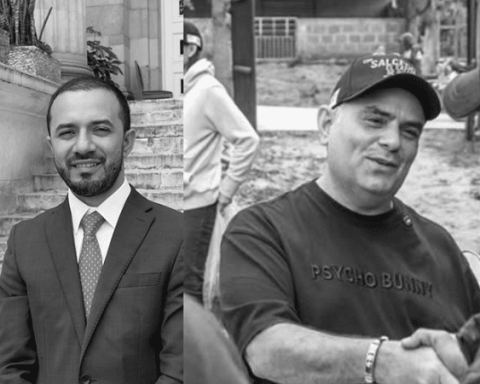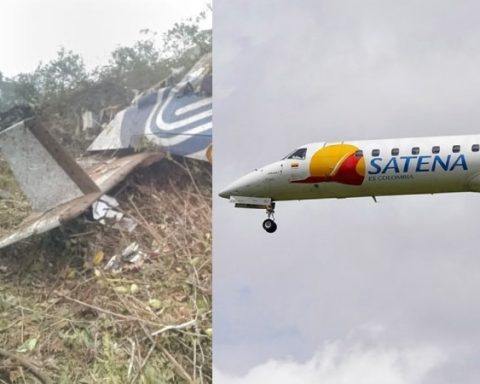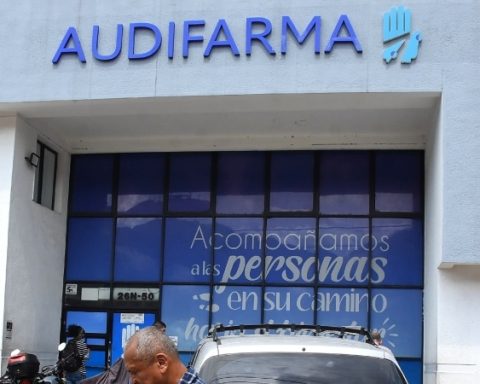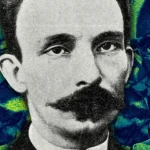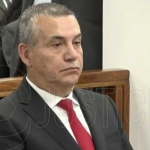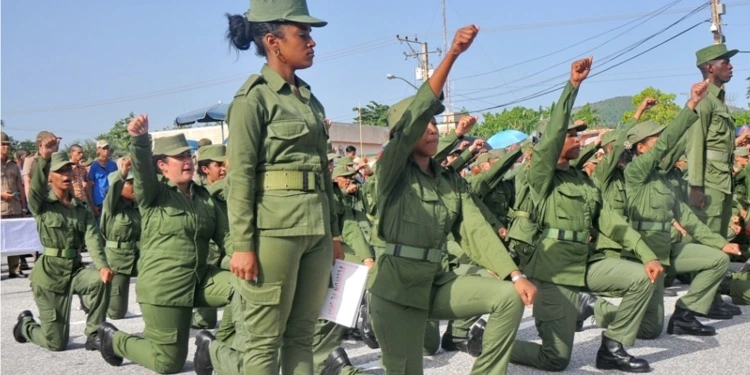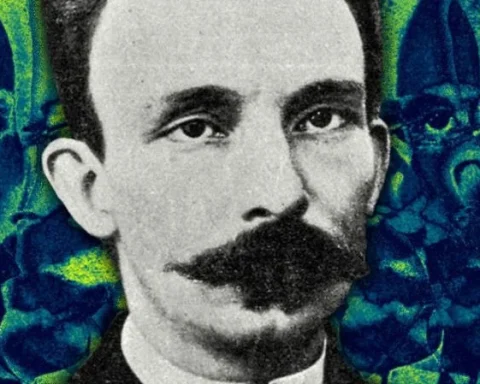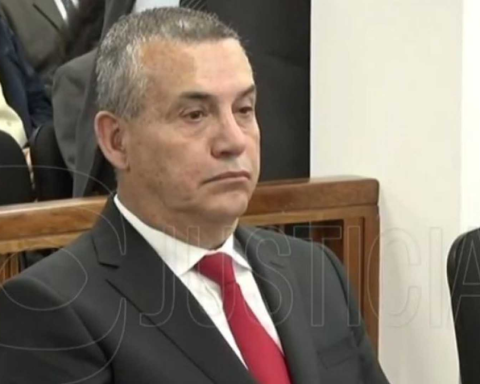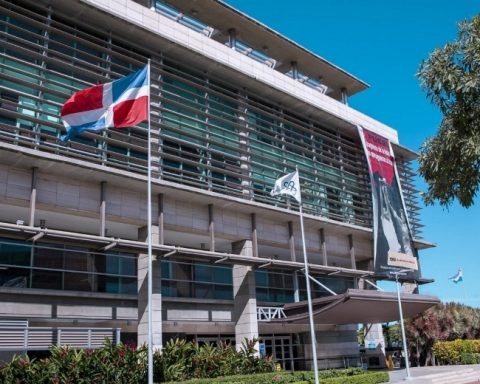After several weeks of adjustments and advancing the self-completion stage, the National Administrative Department of Statistics, Dane, announced the launch of a new stage in one of its largest bets to find out how the country’s productive and economic apparatus is doing with of the National Urban Economic Census (Cenu), which began in mid-June.
With the delivery of the first stamp to a census unit in Cartagena, the director of Dane, Piedad Urdinola, was pleased with the progress of this statistical work and announced that now the work will be on the streets and will have the support of 8,000 people between census takers and supervisors. to continue “with the most important census operation in recent years for the entity and the country.”
More news: Dates to keep in mind for the approval of the National Budget in Congress
“The Bazurto sector, located in the center of Cartagena and with a presence of formal and informal economy, is representative because it not only supplies fresh food, but also generates thousands of jobs, energizing sectors such as transportation and the food industry; it is a key driver for local economic development,” Urdinola said.
The official also said that with the Cenu, nearly 3.5 million people will be reached. establishments and street vendors and took the opportunity to ask for help from all those in charge of these units, reminding that it is a quick process, the information will be confidential and only seeks to update the state of the Colombian economy.
Piedad Urdinola, director of Dane.
Courtesy – Dane
“It was quite fast, less than 15 minutes. We have our papers up to date and I feel very confident in providing this information to the DANE. I think the benefits are many, because we will be able to be aware of the businesses that are in urban areas and know their weaknesses and strengths. The questions were in accordance with the economic activity that we carry out,” said Arlen Karen Acero Rivera, the first businesswoman to receive the census seal in the country.
Ethnic component
During the launch of the street sweeping phase, the deputy director of Dane, Andrea Ramírez Pisco offered additional details of the work to be carried out and said that it will allow obtaining an accurate x-ray of the country’s urban economic fabric.
You may be interested in: The ghost of the blackout for the summer of 2025-2026 appears again
“In this phase, for the first time, we have integrated an ethnic-racial component into an Economic Census, thereby making visible the role of indigenous, Afro-Colombian, Palenque, Raizal and Rrom communities in the Colombian economy,” he explained.
It is worth noting that the sweep phase will allow obtaining detailed information on the participation of these communities and how their ancestral and traditional knowledge is integrated into the country’s economic activities, taking into account that these people have contributed significantly to local trade, small and medium-sized businesses and artisanal production.
“Conducting this process has been a challenge. Territorial teams have worked hand in hand with community leaders and ethnic-racial liaisons to ensure that our questions are culturally relevant and respectful,” explained the deputy director of DANE.

Danish Economic Census
Courtesy – Dane
Finally, this statistical authority reported that since the launch From the self-completion phase on June 4, nearly 2,000 Transport companies have completed the digital form, as well as 2,600 companies and entities from the Public Administration and Defense sector and Mandatory Affiliation Social Security Plans, Financial Services and Insurance and Public Home Services (SAFP), also fulfilled their commitment to the country.
In the coming weeks, DANE officials will approach establishments, homes with visible economic activities and street vendors, first to verify the geographic location of these study units and then to collect the necessary information.
The fourth and final stage will then begin, which is the analysis of information for its presentation to Colombians. This is where it is expected to learn how the national economy is doing from the formation of its productive apparatus, data that will be key, for example, for the formulation of public policies that promote economic recovery.
